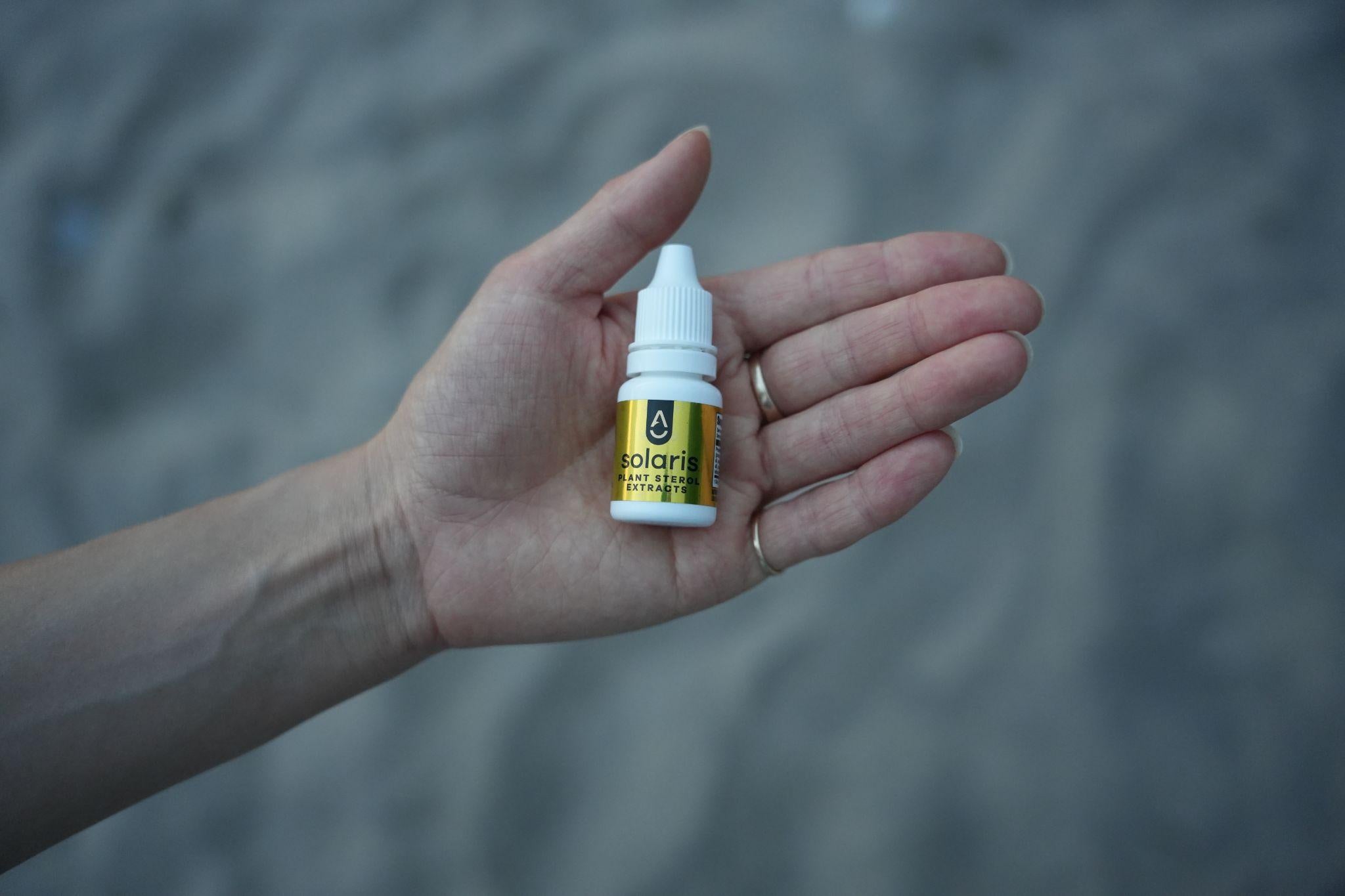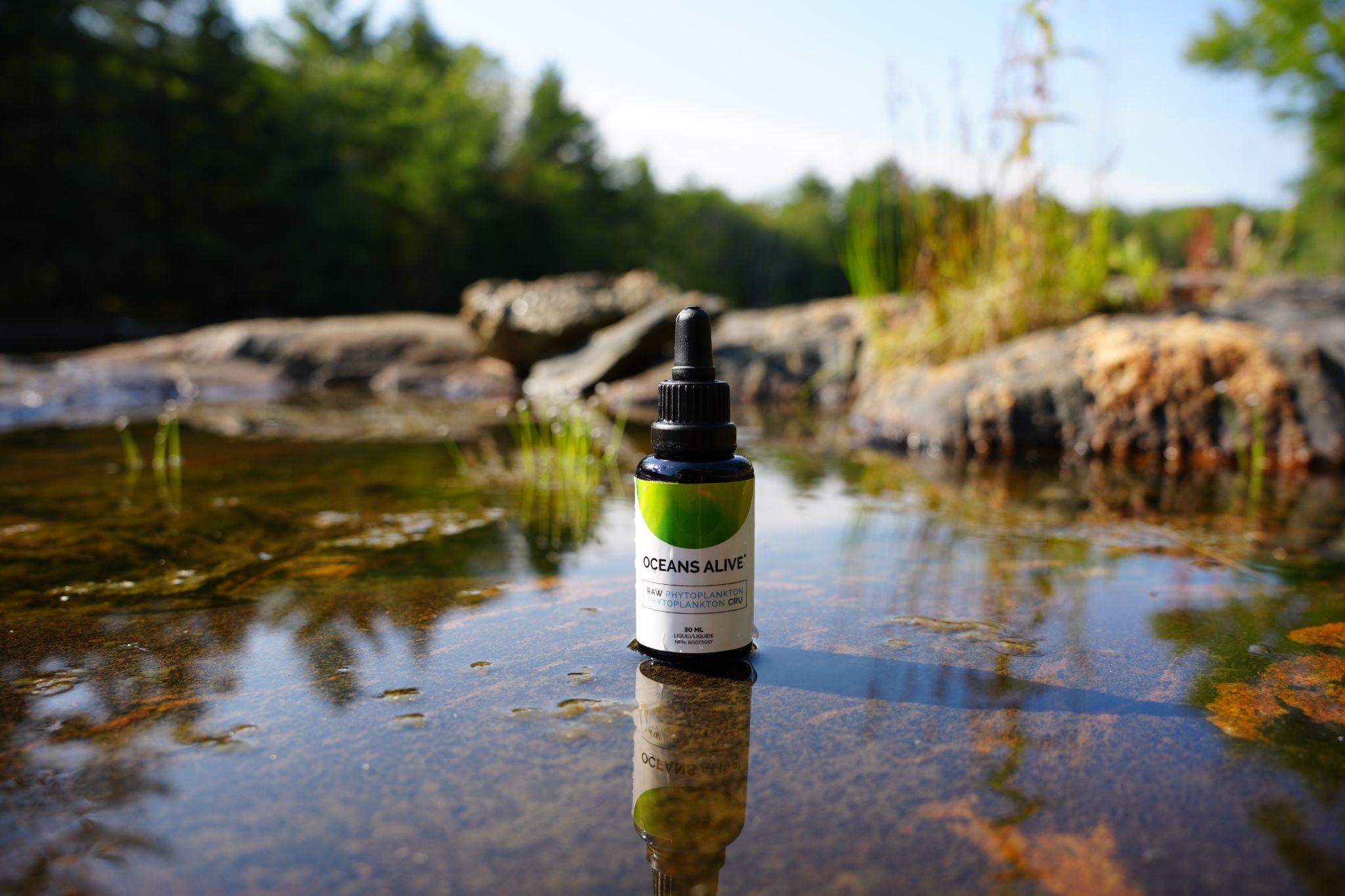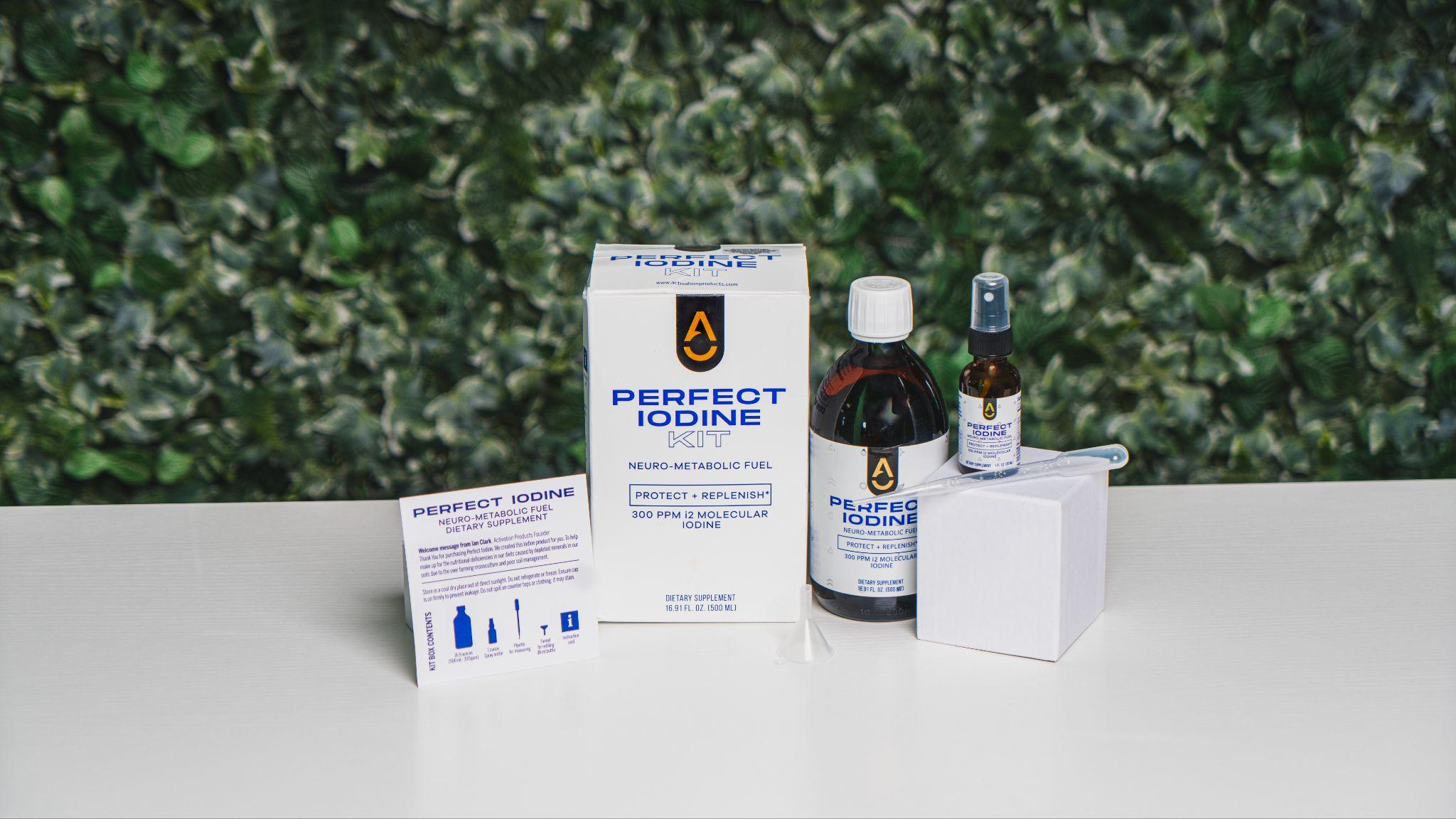Are You Feeling Stressed?
Have you ever been told to just "calm down"? It's not very helpful, right? Especially when you're already feeling stressed and anxious. Calming down isn't as simple as it sounds.
We all experience anxiety and stress from time to time, but what do these terms actually mean?
Anxiety is the fear or nervousness about what might happen, while stress is the physical, mental, or emotional strain or tension. Although these definitions seem straightforward, the experiences are complex and can often overlap. Sometimes, it’s hard to even pinpoint what you’re feeling or why.
The Difference Between Stress and Anxiety
The key difference between stress and anxiety is that stress is caused by an external factor (a 'stressor'), whereas anxiety can linger even after all stressors are removed, or even if they never existed. Think of anxiety as a form of stress characterized by a sense of impending doom.
Both stress and anxiety can be emotionally and physically draining, but everyone experiences them at different levels. While you can't completely avoid feeling stressed or anxious, you can learn to manage these feelings effectively rather than feeling their weight on your shoulders… and everywhere else.

Anxiety Disorders
Did you know that globally, one in thirteen people suffer from anxiety disorders? That’s 7.3% of the population.
Many of us feel normal anxiety before significant events like a job interview or an exam. This type of stress can activate our 'fight or flight' response, which can be useful in genuinely dangerous situations. However, anxiety often kicks in for non-dangerous events, like public speaking or interviews.
Some people might see certain situations as more dangerous than they actually are, as with a fear of flying. Past experiences, like a dog bite, can also cause anxiety around dogs (or even the idea of dogs).
While most anxiety is occasional and mild, people with anxiety disorders experience anxiety more frequently, with more intensity and for much longer periods of time.
Anxiety disorders cause unexpected and extreme anxiety that seriously impacts lives, including how sufferers think, feel and act. Anxiety is indicative of a disorder when sensations and symptoms consistently disrupt a person’s daily life and normal functioning.
Clinical Anxiety
Anxiety disorders can prevent a person from living a normal life. For people with clinical anxiety, worry and fear can be constant and overwhelming, sometimes paralyzing.
There are various forms of anxiety disorders, such as panic disorder, social anxiety disorder, specific phobias and generalized anxiety disorder (GAD).
Clinical anxiety is the most common mental illness in the U.S., affecting 40 million adults in the United States.
Signs and Symptoms of Stress and Anxiety
Stress and anxiety can lead to many different sensations, which may be different for different people at different times. The severity, frequency and duration of symptoms can vary also. Remember, stress is when you experience these feelings in response to a particular stressor. Anxiety is felt even in the absence of those stressors, whether they are in the future, the past or may never have existed at all.
Symptoms might include:
- Difficulty falling or staying asleep
- Cold or sweaty hands and/or feet
- Shortness of breath, gasping for air
- Heart palpitations or a racing heart
- Restlessness
- Dry mouth
- Numbness or tingling in hands/feet
- Aches and pains
- Headaches
How you think and react in certain situations can affect your stress levels and anxiety, as well as the severity of your symptoms. Acting overly apprehensive can actually create the physiological, psychological and emotional feeling of anxiety.
Possible Causes of Anxiety
Though there are no exact reasons why anxiety occurs, there are certain factors that can contribute to it. Uncertain and uneasy behaviour can cause feelings of anxiety if left unchecked. Most anxiety triggers are forms of stress, such as:
- Personal relationship stress (e.g., marriage or divorce)
- Health concerns or serious medical issues
- Financial stress
- Schoolwork or exam-related stress
- Job stress
- Medication side effects
- Hormonal changes (e.g., PMS or menopause)
- Mental illness
- Stress from natural disasters
- Social problems (e.g., bullying)
- Mineral deficiencies
Magnesium: your secret anxiety weapon
Magnesium is vital for over 700 metabolic processes in the body. Studies show that magnesium deficiency may contribute to mental health issues, including anxiety.
Magnesium is a calming and relaxing mineral. It regulates the nervous system and may help you cope with stress so as to prevent anxiety, fear, nervousness, restlessness and irritability. It also protects your heart and arteries, crucial for anyone experiencing regular anxiety.
During extreme stress, your body uses more magnesium. This mineral naturally calms the muscular and nervous systems, which is why a deficiency can cause muscle cramping – a physical analogy for the emotional experience of anxiety.
When a person experiences anxiety symptoms or has an anxiety attack, it may actually be because they’re magnesium deficient. The stress of an anxiety attack further depletes the body of this mineral as well; it can be a never-ending cycle.
Magnesium supplementation is unlikely to cure anxiety, however, many people do find it very effective alone or in combination with other strategies since anxiety can be due in whole or in part, to mag deficiency.
How to Get Your Magnesium
There are foods you can eat that are high in magnesium. These include:
- Kelp
- Almonds
- Cashews
- Parsley
- Avocado
- Brown rice
- Soybeans
- Leafy greens

Though eating magnesium-rich foods is beneficial (and those foods all have other nutritional benefits too of course!), it’s also recommended that you take a magnesium supplement to ensure you meet your daily needs.. Our EASE Magnesium is a perfect solution. Just spray and go.
Natural Treatments vs. Prescriptions for Anxiety
Some people use alcohol or caffeine to relieve anxiety, but these can deplete magnesium stores and worsen the problem.
So what can you do to feel better?
Many people prefer natural treatments for anxiety, for a variety of reasons. Generally speaking, prescription medications do not CURE the problem, they simply mask it. Natural treatments give you the opportunity to relieve your anxiety without dependency or side effects. That being said, you should of course talk to your doctor if you are experiencing anxiety that is affecting your ability to function or if you’re having dangerous thoughts. Natural remedies can often be used in conjunction with prescription medications.
Other Ways to Reduce Anxiety Without Medication
- Make time for fun and relaxation daily
- Ensure you’re getting the emotional support you need
- Take care of your body with a healthy diet and regular exercise
- Avoid overloading yourself with tasks and responsibilities
- Ask for help when needed
Lifestyle Changes
If your lifestyle is unhealthy and stressful, you’re more likely to feel anxious, regardless of whether or not you have an anxiety disorder. Take some time to evaluate how well you are caring for yourself and make necessary changes.
If your stress levels are exceedingly high, think about how you can bring your life back into balance. There may be responsibilities and duties you can give up, turn down or delegate to other people. If you’re feeling unsupported or even isolated, find someone you trust to confide in and talk to them about it. Just talking about your worries and stress can often make them seem less frightening and more manageable.
Remember, feeling anxious occasionally is normal. However, excessive or ongoing anxiety that interferes with your day-to-day activities may be a sign of an anxiety disorder and you should consult your physician.
Take care of yourself, listen to your body, and seek help if stress or anxiety is affecting your life.
Does any of this sound familiar to you? Click here to take an easy first step towards relieving the stress and anxiety that’s keeping you up at night.
Resources:
http://drhyman.com/blog/2010/05/20/magnesium-the-most-powerful-relaxation-mineral-available/http://www.calmclinic.com/anxiety/drugs/magnesium
http://www.sott.net/article/276589-Got-anxiety-You-may-be-deficient-in-magnesium
http://www.webmd.com/anxiety-panic/guide/mental-health-anxiety-disorders
http://www.health.com/health/gallery/0,,20646990,00.html
http://www.adaa.org/generalized-anxiety-disorder-gad
http://www.mymagnesiumdeficiency.info/magnesium-glycinate-anxiety/
http://www.futurity.org/globally-1-in-13-suffers-from-anxiety/
http://www.anxietycentre.com/anxiety.shtml
http://www.merriam-webster.com/dictionary/anxiety
http://stressawarenessmonth.com/
http://www.dictionary.com/browse/stress?s=t







How to Get the Best Night's Sleep
Liver Cleanse: Healthy Foods to Support a Healthy Liver